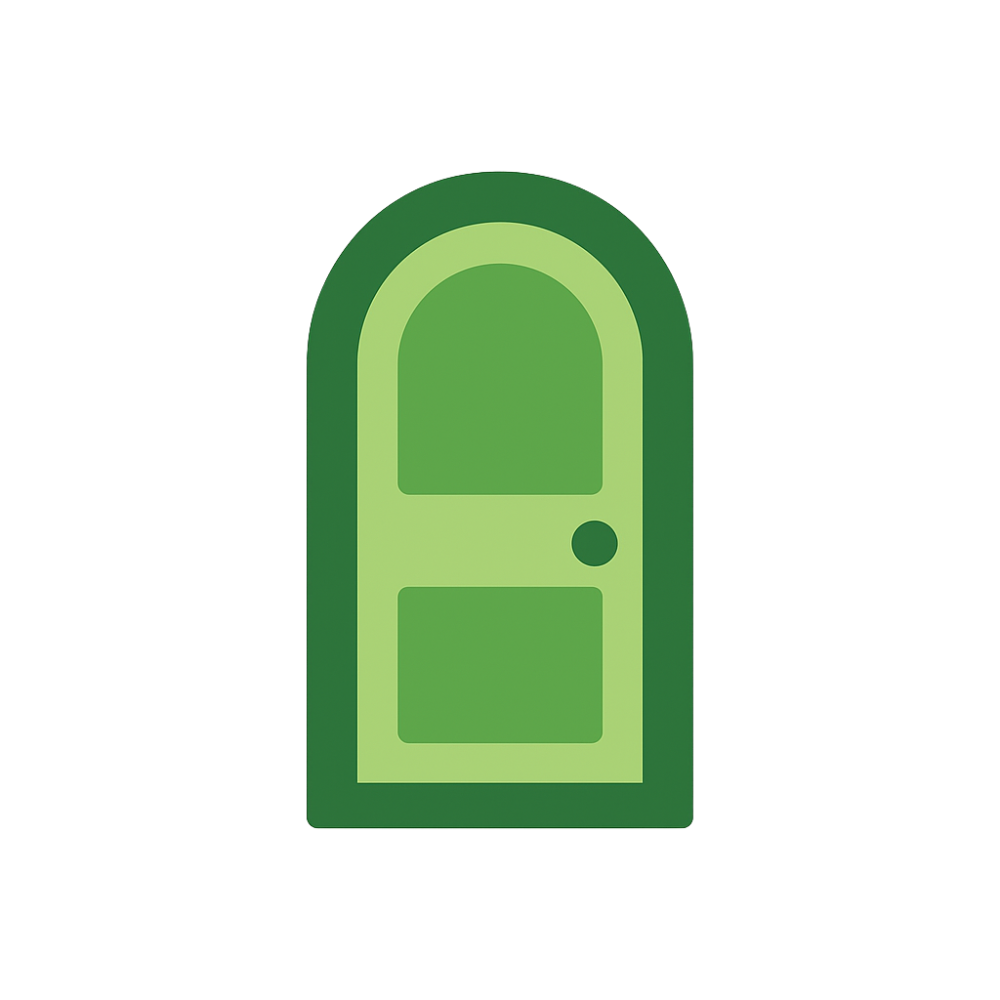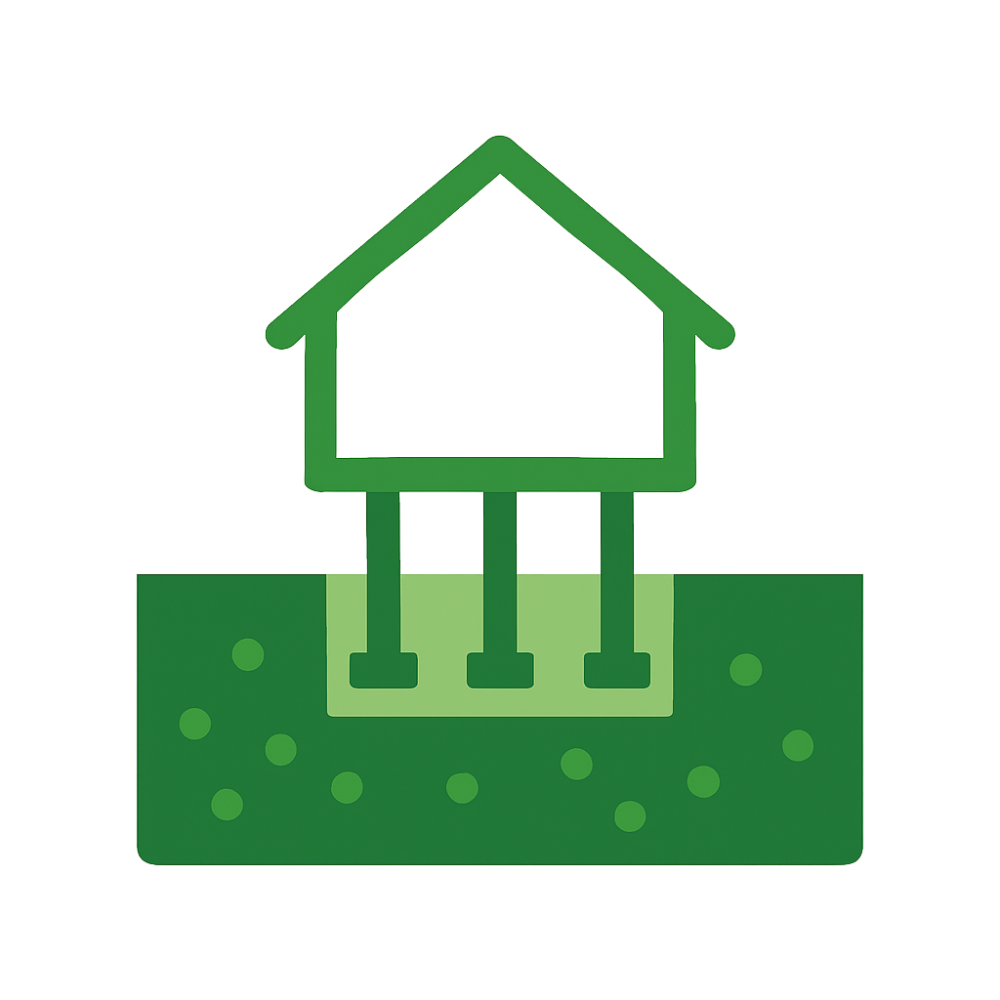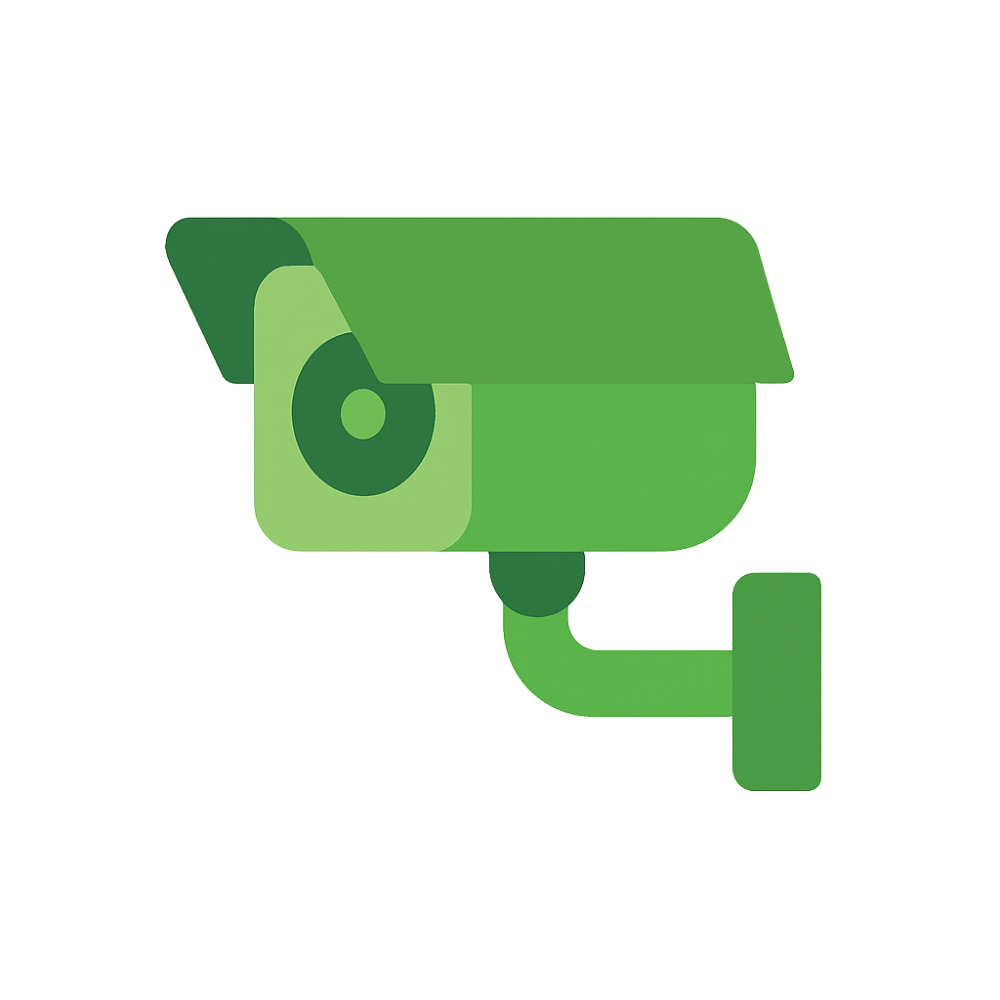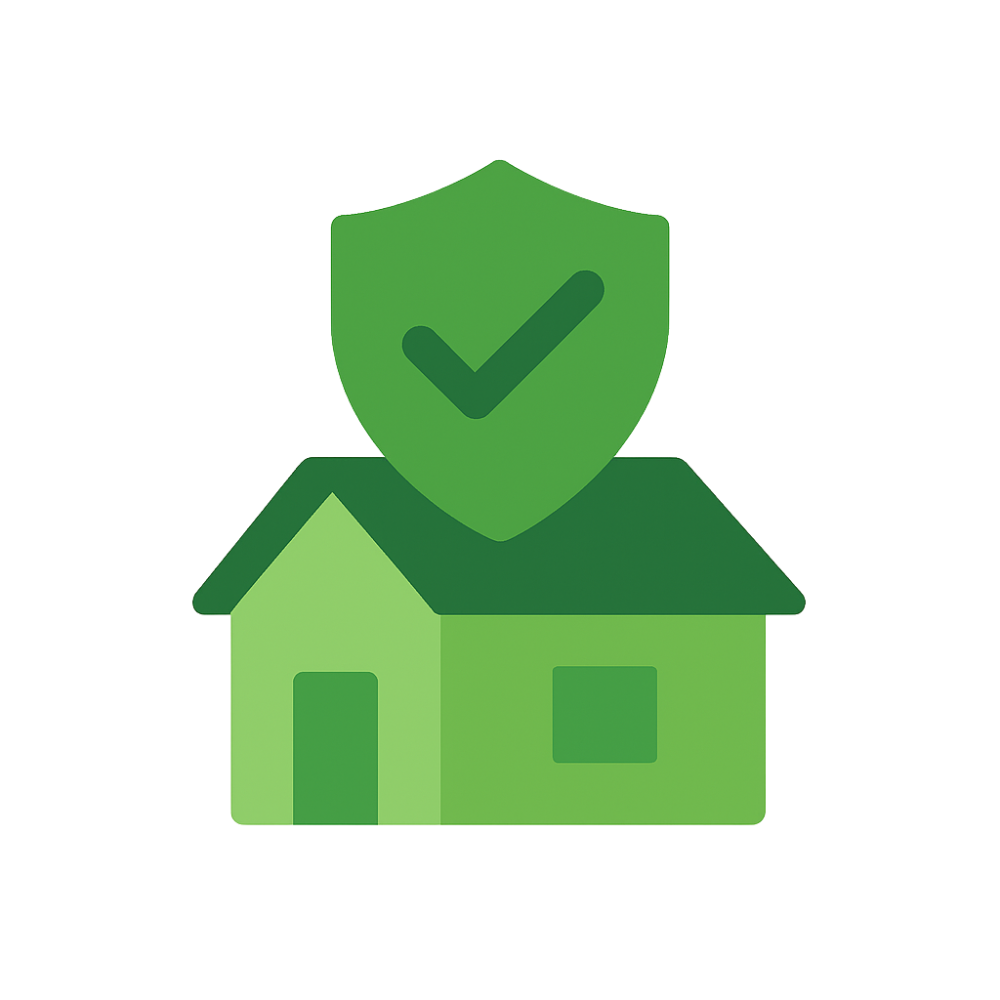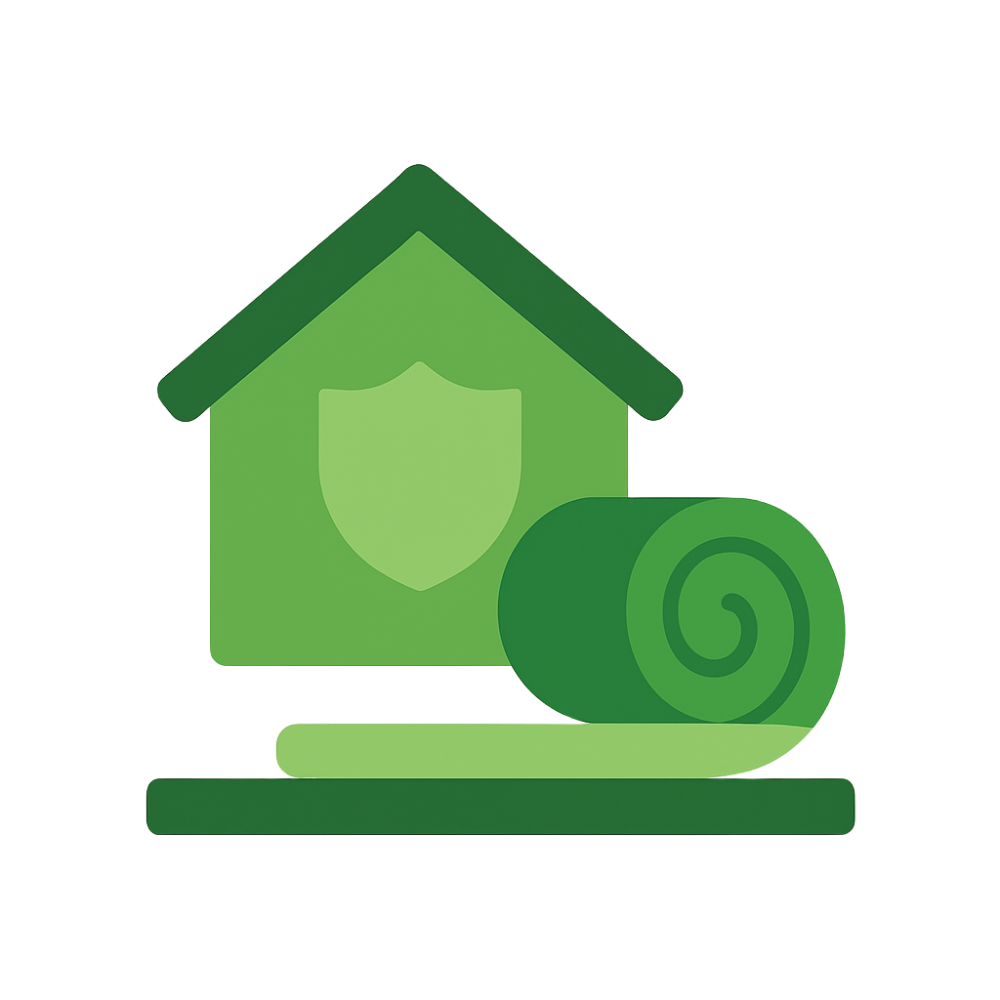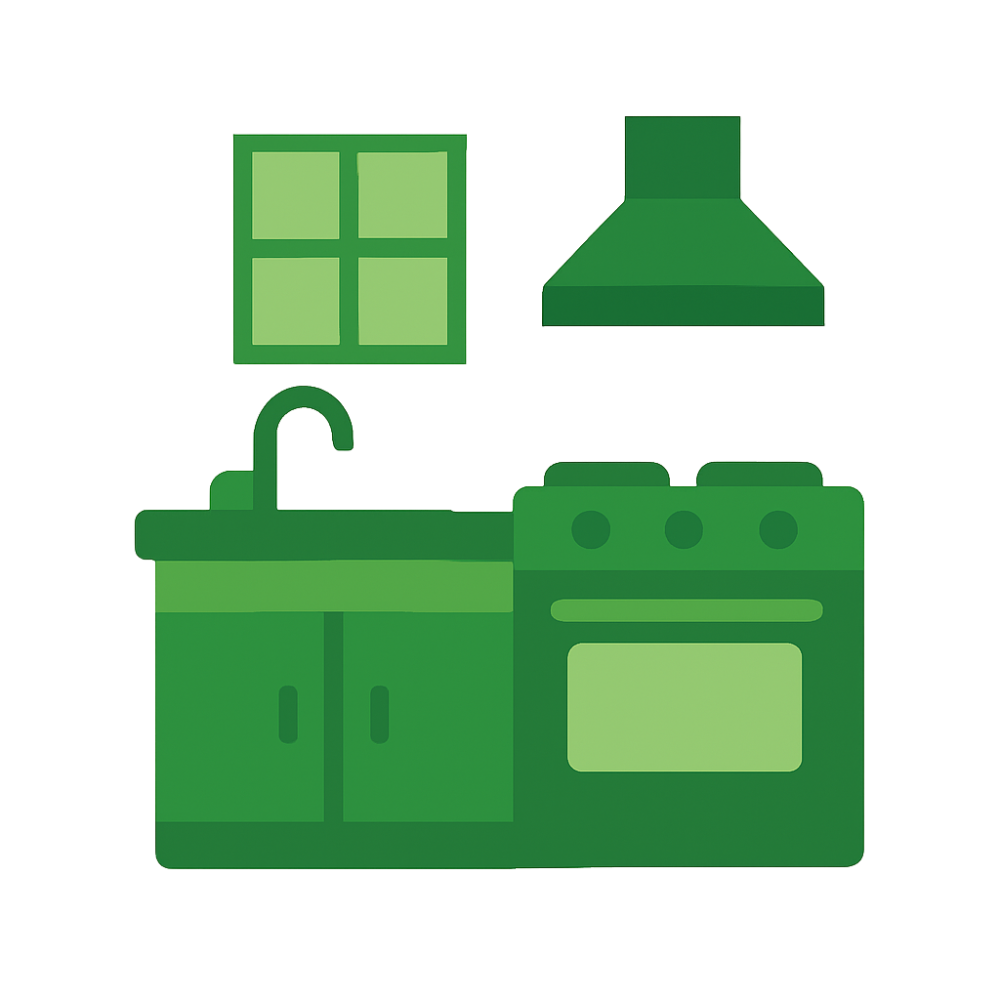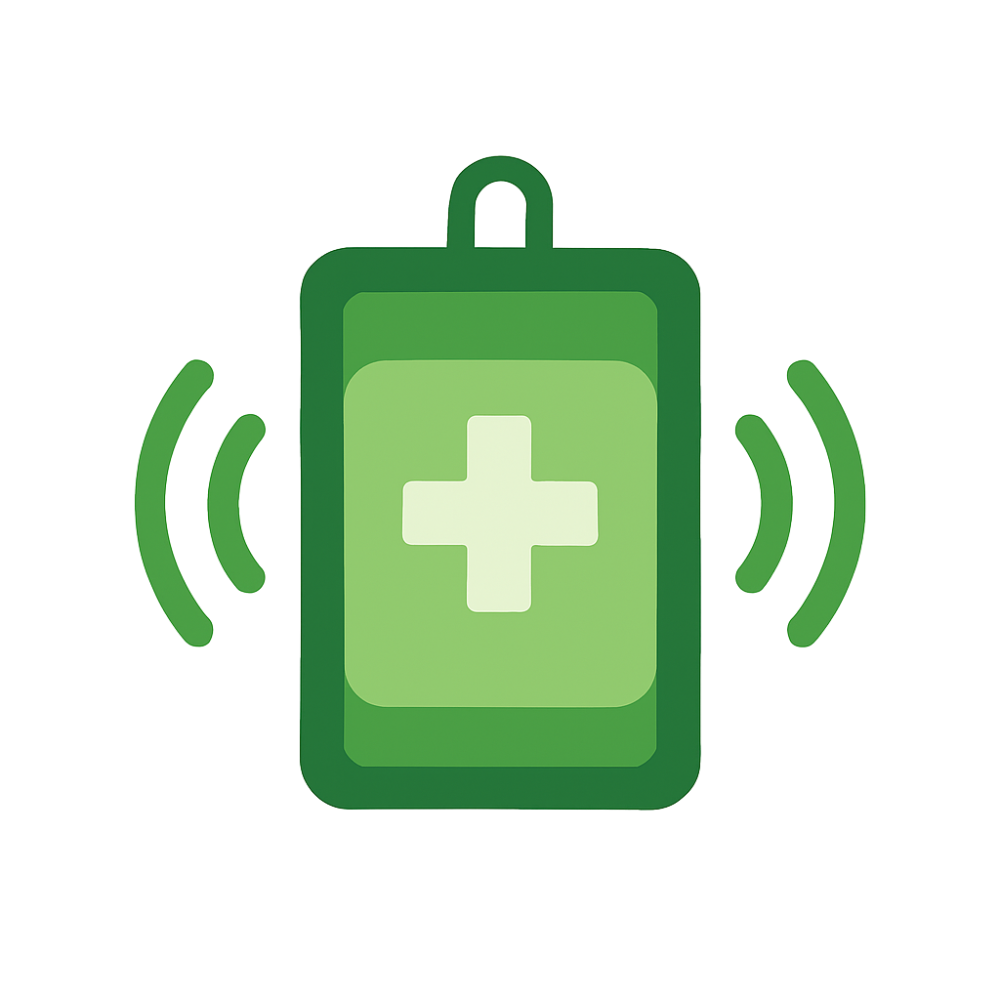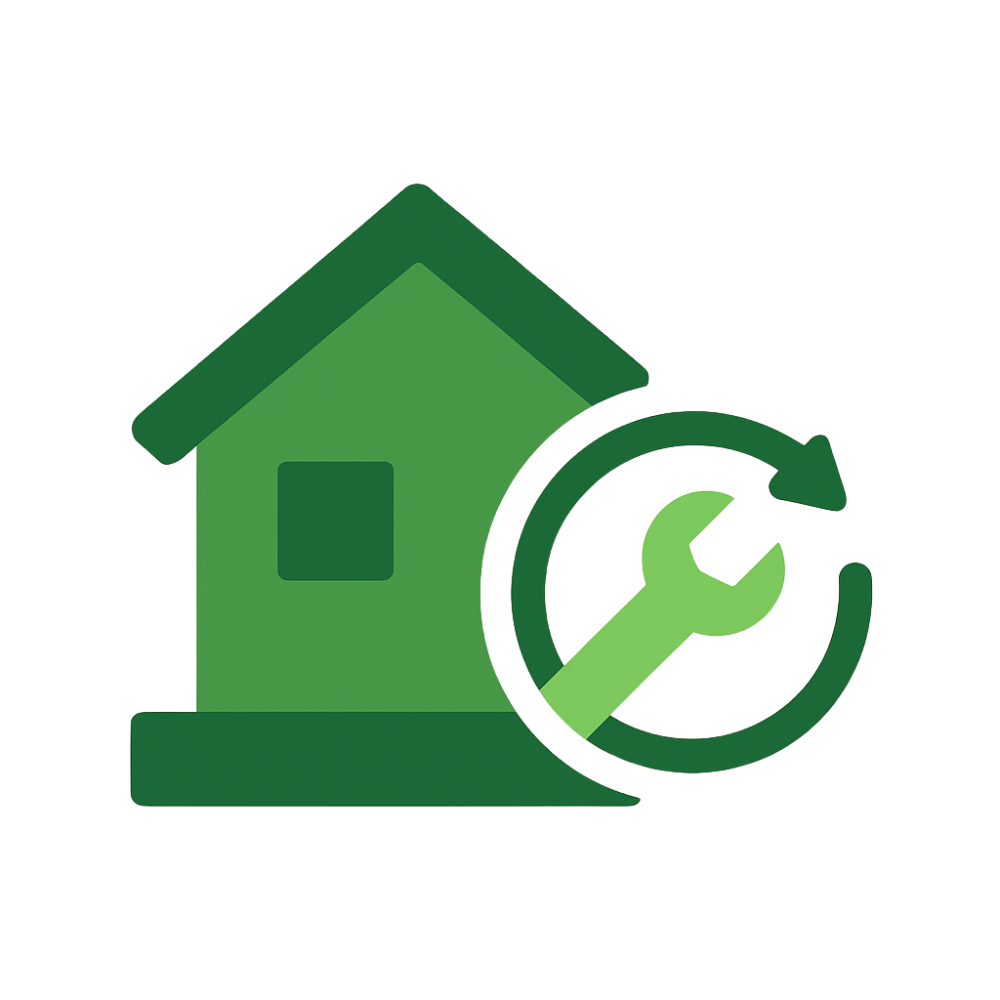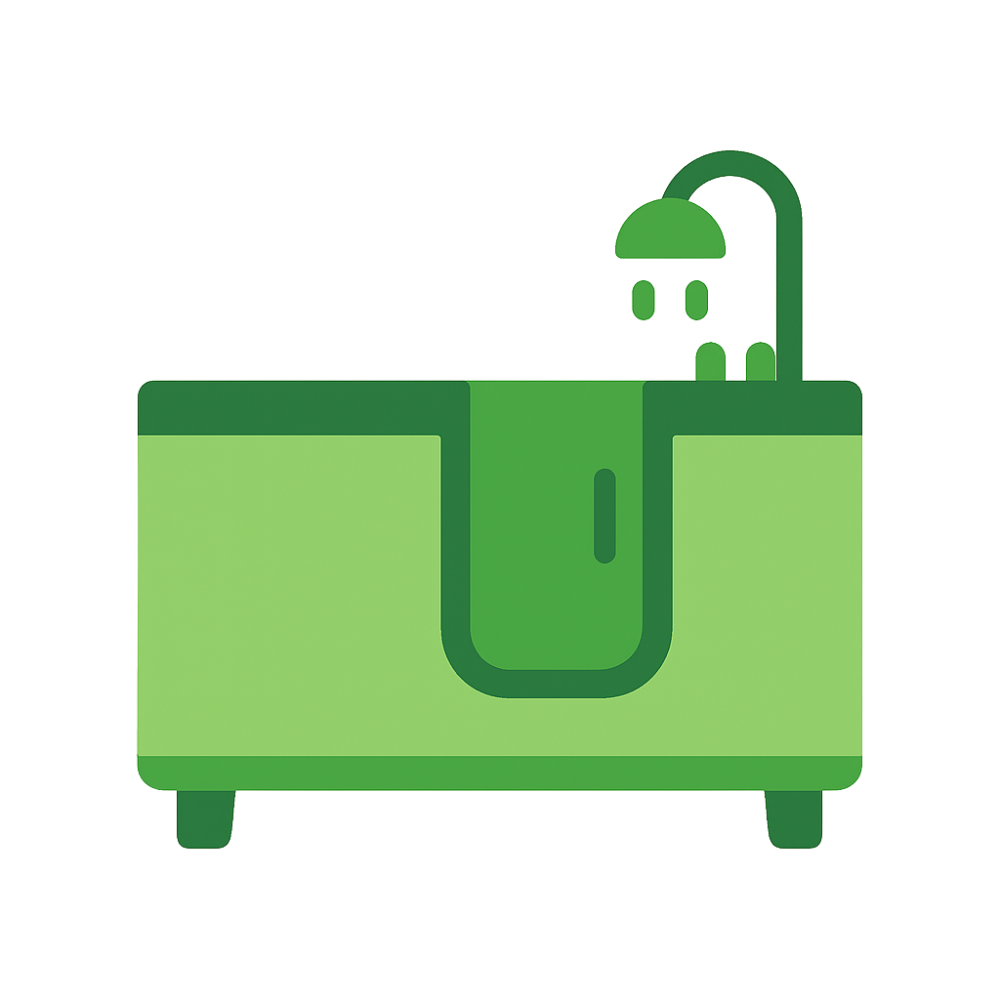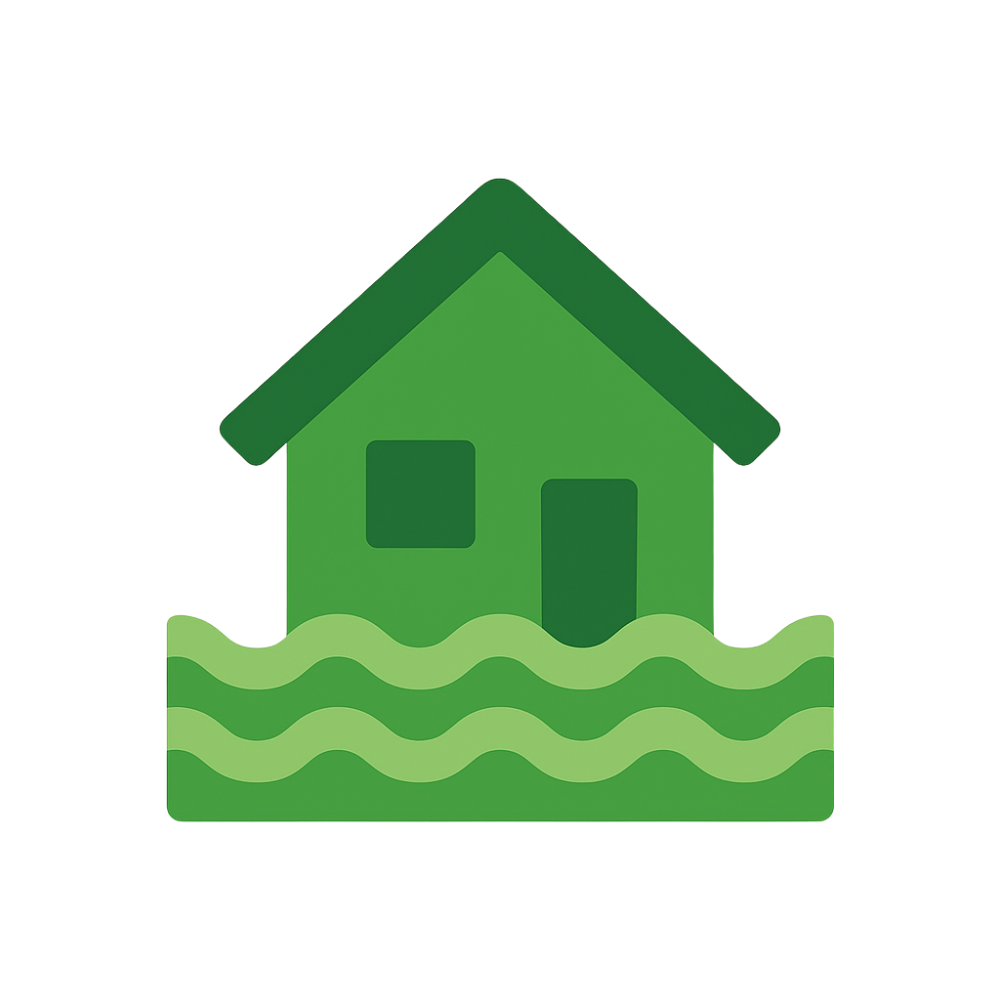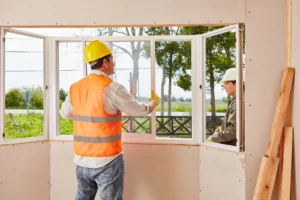What Are Home Security Systems?
A home security system is a collection of devices and technologies created to safeguard your home and family. These systems help detect and prevent break-ins, keep an eye on activity around your property, and offer reassurance. Typical elements include sensors on doors and windows, motion detectors, security cameras, and central control units. Modern systems often come with advanced capabilities such as smartphone control, integration with smart home devices, and sensors that monitor smoke, carbon monoxide, and water leaks.


Frequently Asked Questions
Can a home security system lower my homeowner's insurance? +
What happens to my system if the power goes out? +
Why Invest in a Home Security System?
Choosing to install a home security system is one of the most important and proactive decisions you can make to protect your home and the people you care about most. Beyond simply acting as a deterrent to potential intruders, these systems provide a vital layer of defense that actively monitors your property around the clock. When suspicious activity is detected, you receive immediate alerts-whether on your smartphone or through professional monitoring services-allowing you to respond quickly and appropriately. This real-time awareness means you can have confidence and peace of mind, knowing that your home is being watched even when you're not there. Furthermore, the presence of a security system can give you a greater sense of control and safety in everyday life, reducing anxiety and letting you focus on what truly matters-your family, your work, and your rest. In a world where uncertainties exist, a reliable security system stands as a steadfast guardian, helping to protect what's most precious to you.
Types of Home Security Systems
- Monitored Systems: Connected to a professional monitoring service that responds to alarms and contacts emergency services when necessary.
- Unmonitored Systems: Trigger alarms or notifications directly to the homeowner without external monitoring.
- Wired Systems: Hardwired into your home's electrical system, offering reliable connections but potentially more complex installation.
- Wireless Systems: Easier to install and often customizable, using Wi-Fi or cellular connections.
- DIY Systems: Designed for self-installation, offering flexibility and often lower costs.


Frequently Asked Questions
Will a security system still work if my internet connection drops? +
Are home security systems easy to hack? +
Key Features to Consider
- Motion Detectors: Alert you to movement within designated areas.
- Door and Window Sensors: Notify you when entry points are opened.
- Surveillance Cameras: Provide real-time video monitoring and recording.
- Smart Home Integration: Allows control via smartphones or voice assistants.
- 24/7 Monitoring Services: Ensure constant vigilance and quick response times.


Frequently Asked Questions
Can I take my security system with me if I move? +
How visible should my cameras and sensors be? +
Installation Considerations
When it comes to setting up a home security system, deciding between professional installation and a do-it-yourself (DIY) approach is an important step that can affect the system's performance and your overall experience. Professional installation involves trained technicians who carefully assess your home to determine the best locations for sensors, cameras, and control panels. Their expertise ensures that each component is optimally placed to provide maximum coverage and reliable operation. This option is often recommended for larger or more complex systems that require precise calibration and integration, especially when wiring is involved. While professional installation may come with additional upfront costs, it often brings peace of mind knowing the system is configured correctly and supported by expert service.
On the other hand, DIY installation offers a flexible and cost-effective alternative, particularly suited for simpler, wireless security setups. Many modern home security products are designed with user-friendly features and clear instructions that make it possible for homeowners to install and customize the system themselves. This route allows you to control the installation timeline, adjust the setup to your needs, and avoid professional service fees. However, DIY setups may require more hands-on effort and a willingness to troubleshoot if issues arise. Ultimately, the choice between professional and DIY installation depends on your comfort level, budget, and the complexity of the security system you want to put in place.


Frequently Asked Questions
Do I need a permit to install a home security system? +
How often should I test and maintain my security system? +
Can I customize alerts and notifications on my security system? +
Common Problems and How to Fix Them with Home Security Systems
Homeowners often face a few typical challenges with their security setups. Here are some tips to address them:
- False alarms: Make sure sensors are installed correctly and maintained regularly to prevent unnecessary alerts.
- Connection issues: Try rebooting the control panel and verify that your internet connection is stable if devices lose their link.
- Low battery alerts: Replace batteries as soon as you get a warning to keep your system running smoothly.
- Camera blind spots: Adjust camera positions to cover all important areas and avoid gaps in surveillance.
If problems continue, it's best to reach out to a professional installer or customer service to help keep your system working reliably.
Choosing the Right System
Selecting the ideal home security system starts with understanding your unique needs and circumstances. Consider the size and layout of your home-larger properties may require multiple cameras, additional sensors, and broader coverage, while smaller spaces might be effectively secured with a more compact setup. Budget is also a key factor; while there are many cost-effective systems available, investing in features like professional monitoring, smart home integration, or high-definition surveillance can offer added value and long-term peace of mind. Think about what features matter most to you: Do you need remote access from your smartphone? Is environmental monitoring for smoke or carbon monoxide important? Do you prefer a system that integrates with voice assistants or other smart devices?
If you're unsure where to start, speaking with a home security professional can be incredibly helpful. They can assess your home, identify potential vulnerabilities, and recommend a system configuration that meets both your needs and budget. Ultimately, the right security system is one that not only protects your home but also fits seamlessly into your daily life.



